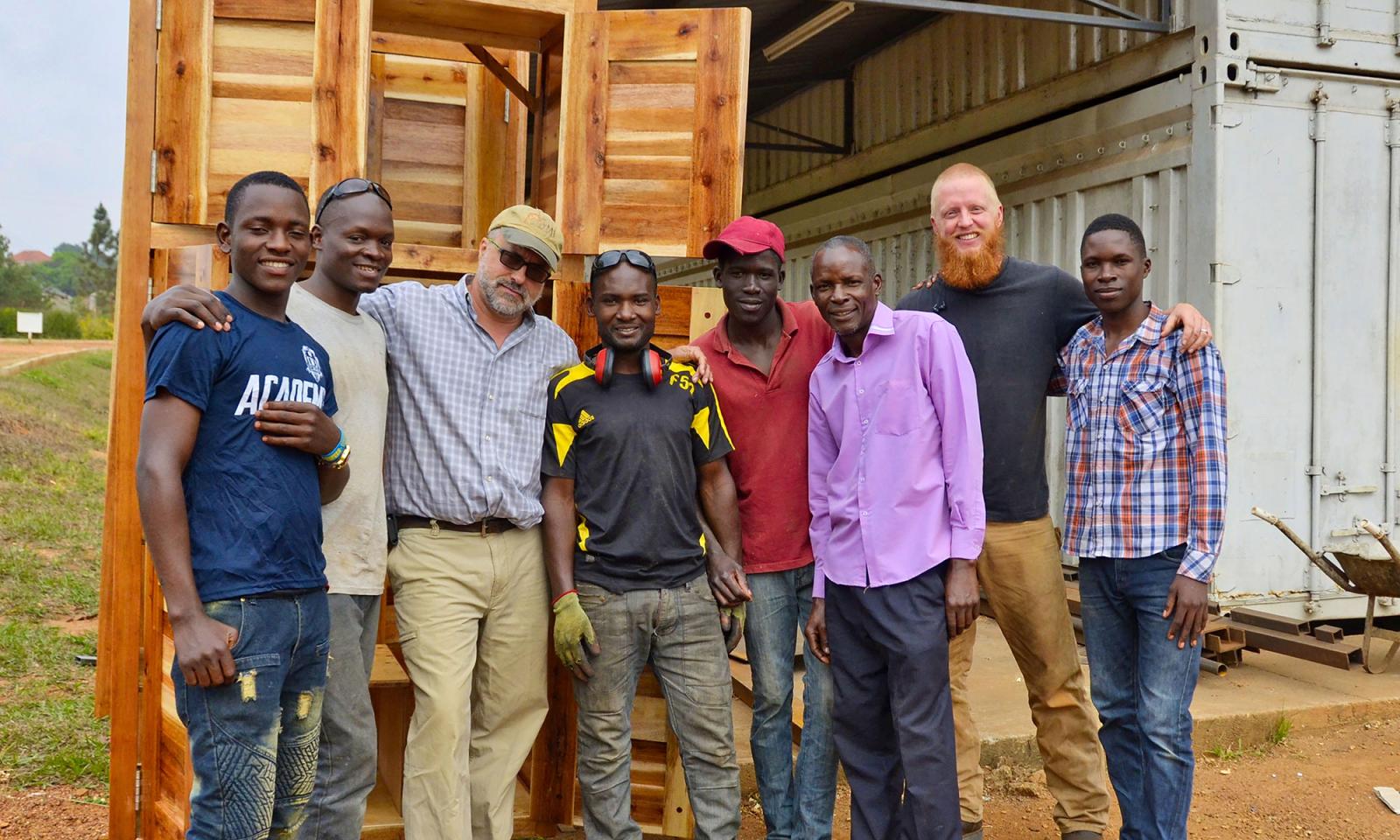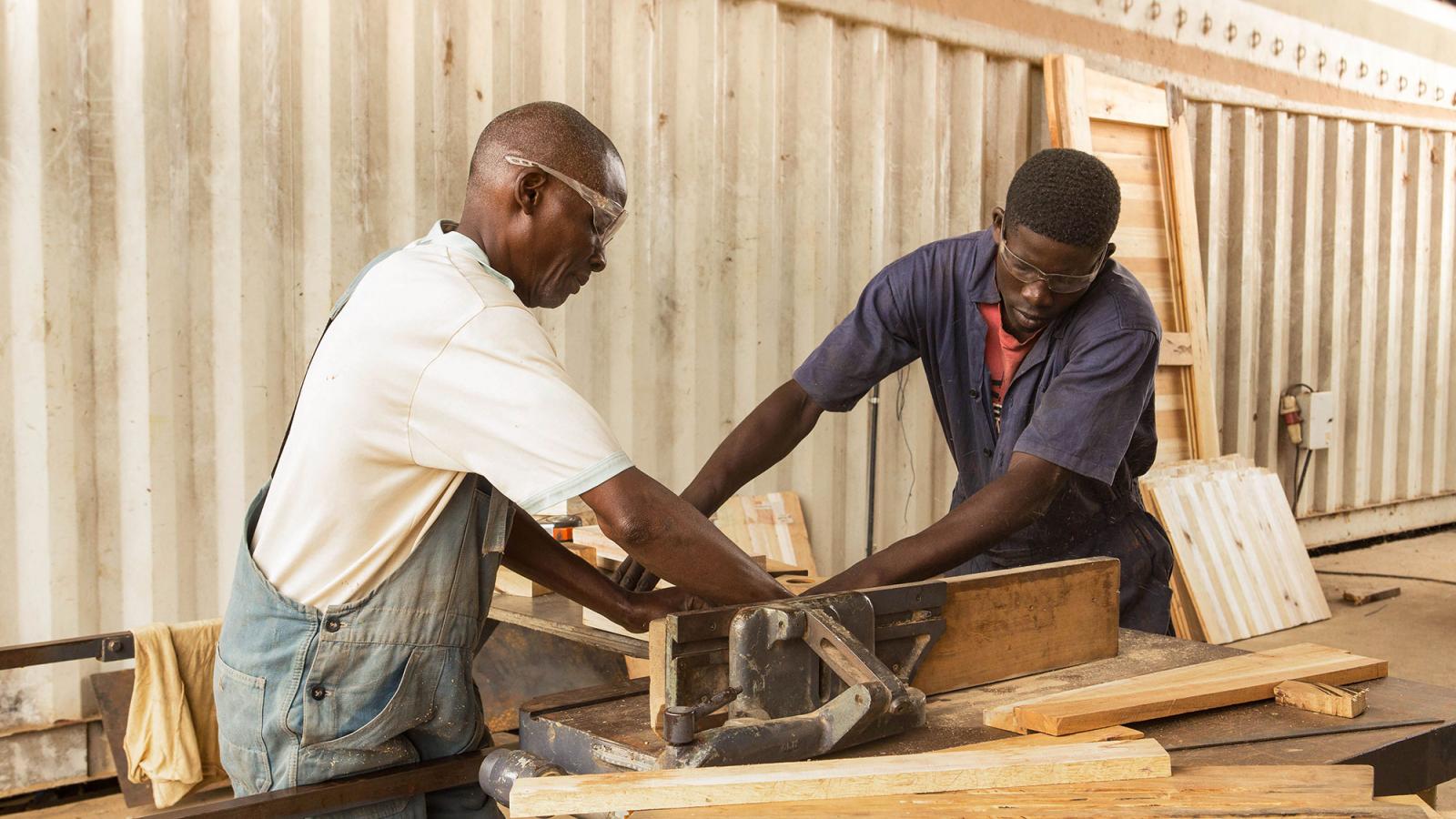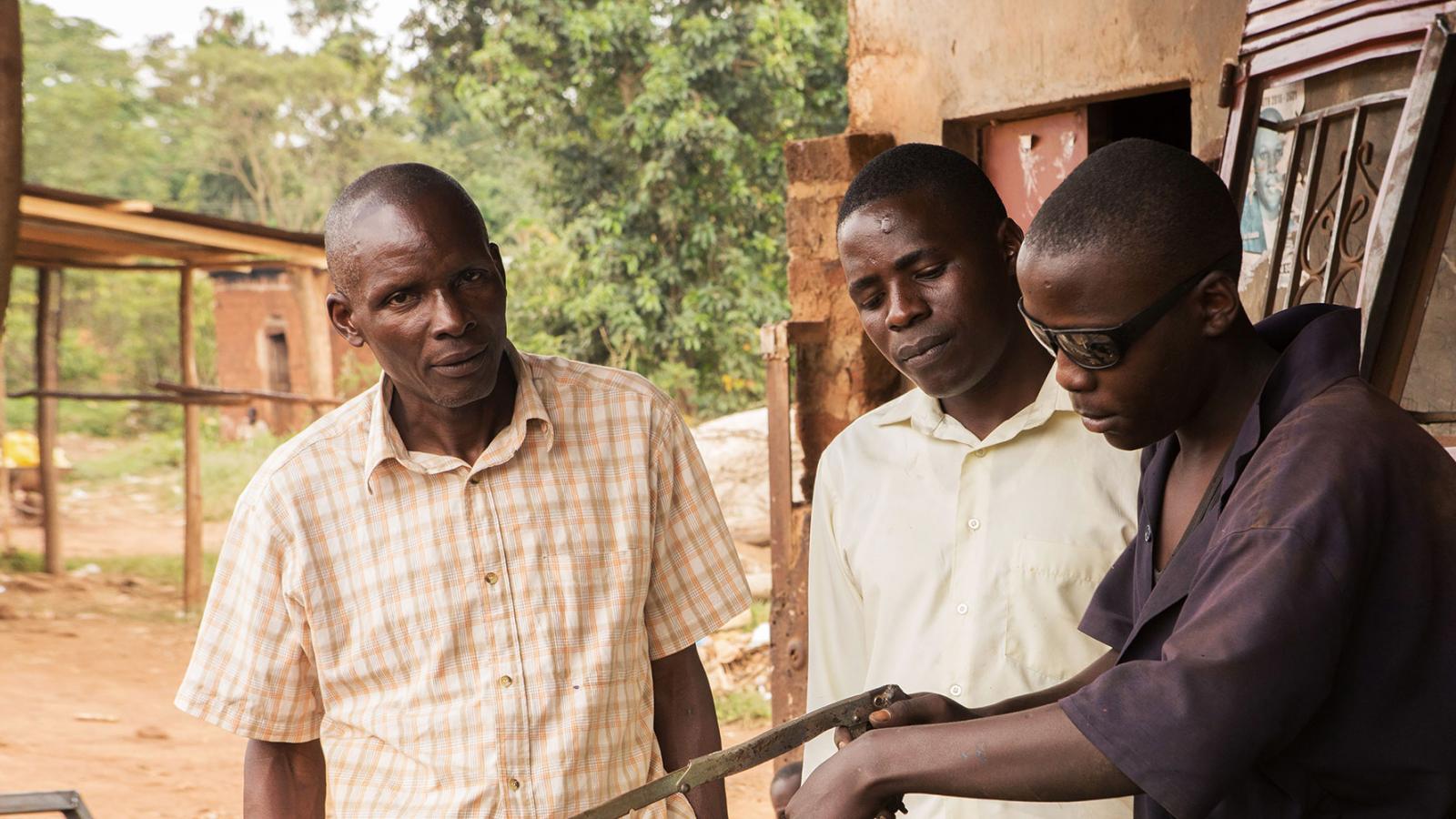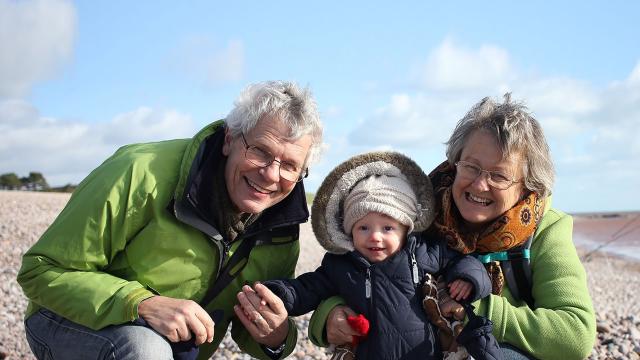Newsletter, June
I am learning much about EMI’s 3-D core value of Discipleship by living in Cambodia. Just as Design needs to be adapted to fit the local context, Discipleship also needs to be adapted to what God is doing in the life of the disciple. A veteran missionary recently told me that discipleship in Cambodia must be a natural sharing of life with one another. A space for asking questions rather than providing answers. A search for the heart-to-heart connections that overcome language and cultural barriers.
The newly established EMI Cambodia team is beginning to develop discipling relationships, and we are exploring ways to implement these ideas. That means we are being very deliberate with topics covered in our morning devotion with staff and interns. We meet weekly in small groups to ask questions that encourage spiritual growth. We regularly share meals and fun activities outside the office. We do these things to strengthen our relationships and share life with one another.
There is still much to learn about Discipleship at EMI, there is room for all of us to grow as disciples of Christ. Please pray for us as we discern what strategies work best in the Cambodia context.

EMI Cambodia Director
Cross-training construction laborers in Uganda
At the heart of EMI Uganda’s Construction Workshop is an idea that people are more important than the windows, metal trusses, or cabinets they make. At EMI’s Workshop, these products are simply the means by which ‘green’ laborers learn new skills. However, this ‘cross-training’ runs against the grain in Uganda. Most skilled tradesmen do not share their knowledge to protect their job security.
Kirabo Jonah, the 52-year-old anchor of EMI’s Workshop, thinks differently. Joinery carpenter, mason, welder, father of eight, Local Council 1 Chairman, and elder in his church, Jonah has a vision for sharing his skills:
"My dad was a carpenter, a joiner. I was raised working with my dad in his workshop, and I liked that. Eventually I started up a small workshop, dealing with timber and steel. When I received an opportunity for further studies, I took a course in brickwork and concrete practice. These helped me acquire more skills in the building industry. I started working with EMI in 2008 at Music for Life. After another EMI project in Jinja, I returned to my own workshop. Then I was called back to join EMI as Workshop Assistant in 2016.

I grew up practicing vocational skills and saw it was good to continue my dad's legacy. I enjoyed this work and it helped me earn a living and pay school fees for my kids. The challenge came with the guys I hired to assist me. Over and over, I saw that most of them didn't know what to do. I could only work alone or maybe with one other guy. I realized that if I had the manpower, I could take larger orders. Skilled labor would let me produce more, improving my income, as well has helping my community and that individual. So the idea grew in me that maybe I should teach vocational skills. I joined hands with a community leader and started a vocational school in 2005.
People don't like to train others. Naturally, they are jealous and fear losing their job. I wanted to be faithful to what the Bible tells us, to ‘love our neighbour as we love ourselves.’ If you don't want to help others, if you don't want to offer whatever you have to help others move from one step to another—it doesn't please God at all. But I know the more you open up opportunities for others to learn, it pleases God. There is also a saying, 'united we stand, divided we fall.' I know from experience that construction is teamwork—one person can't cover all the areas. We need people to stand in different areas, joining hands. And in the end, we achieve the goal.
My students are doing well. I offered whatever I know to them, and I did not restrain them from starting up their own income-generating activities or workshops. If there's an opportunity outside, I just release them to go and utilize it. Now they have small workshops in neighbouring communities, supporting their families by offering services locally that people used to travel long distances to get. Vocational training is even Government policy now. They want people to have something they can do with their hands. To have skills with which they become productive—from the grassroots to the nation and the world beyond. I also want to lay a brick on that foundation.

I enjoy working with EMI because they have the same vision. EMI is now one of the trusted organisations in Uganda doing better-quality work, but they also have the 3-D’s which I really love: Discipleship, Design, and Diversity. My desires fall along that same line. They want to train as many people as possible to be productive, self-sustaining, and able to support their families. EMI has given me an opportunity to be involved in cross-training new youths to be competent and to deliver the services expected of them, and I love it."




